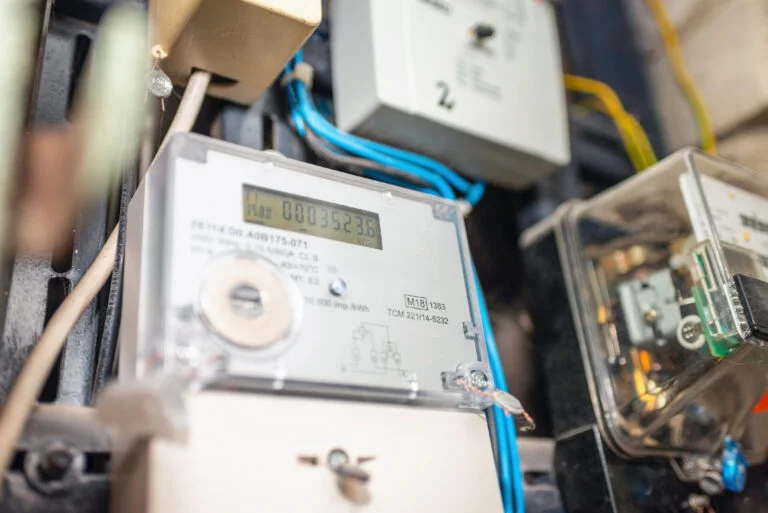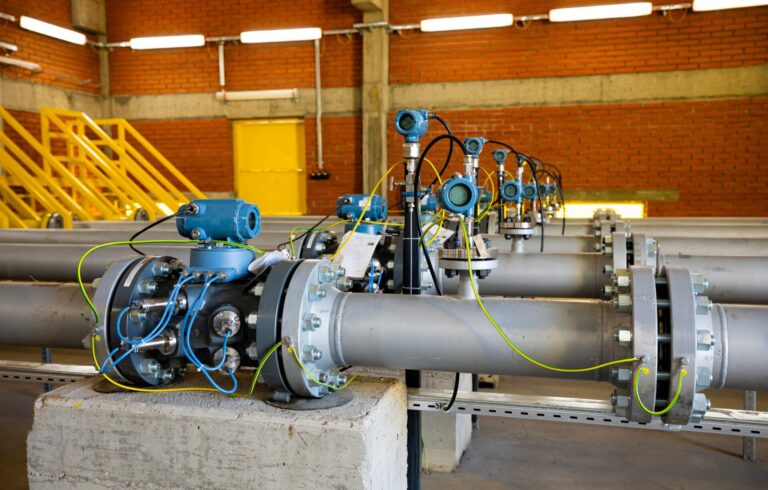As part of Boris Johnson’s Green Revolution, the Prime Minister had signalled his intent to end the sale of new combustion engines by 2030. However, hopes that the charge to a greener future would be led by British industry has been dealt a heavy blow by Johnson Matthey.
Last week British chemical company Johnson Matthey announced its plans to exit the lithium-ion market. The announcement signals the end of the company’s ambitions to play a leading role in the British Electric Car sector.
Johnson Matthey produced chemicals for the batteries in electric vehicles however they cited the fact that their competitors in the market were too far ahead of them as the primary reason for their exit from the market.
The announcement resulted in their share price plummeting 17%, wiping more than £900 million off the company’s market value.
Johnson Matthey makes most of their profit producing catalytic converters for petrol and diesel cars, however with the Prime Minister’s Green Revolution pledge to “end the sale of new petrol and diesel vehicles by 2030 and hybrid vehicles by 2035” has necessitated a shift in the company’s emphasis.
Indeed, Johnson Matthey had already received £14m in government funding to try and propel the British electric vehicle industry. Johnson Matthey will now shift towards projects involving hydrogen and decarbonising chemical production.
For more key insights and industry news keep updated with our blog.






